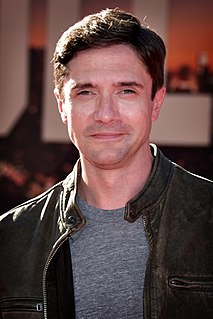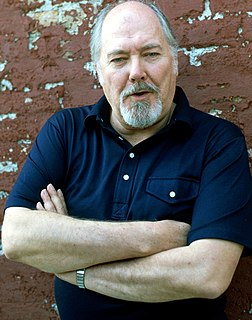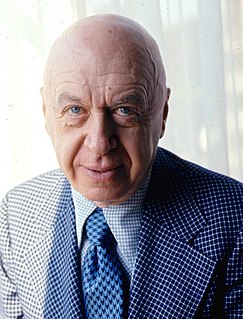A Quote by Rithy Panh
I never want to be a film director - I want to be a teacher.
Related Quotes
With a director it's all about the work; I'd work with a great director over - you know, I'm not the kind of actor who that doesn't go, 'I want to play this role.' It's more like, 'I want to work with this director,' regardless of what the role is because if it's a good director, you'll probably find a good role because it's a decent film. But a mediocre director will always make a mediocre movie.
Before writing a single note of music, and even before the spotting session, I find it best to sit down with the director and just listen to him or her talk about the film - what they're trying to say, what they want the audience to understand or believe, and a thousand other similar questions. The director has most likely been living with the film for years before a composer is attached, and so the director's inclinations, desires, and understanding of the film are paramount.
You want to give the director what they want, and you don't always know exactly how it goes, so you want to try it a few different ways. You have to be flexible; you have to be in collaboration with the director; you have to be versatile. But you also want to be protective of what you really believe in and how you feel it should be portrayed.





































